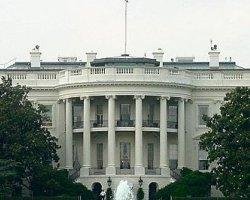President Signs New "Animal Crush Video" Law
In July 2009, the Federal Depiction of Animal Cruelty Law was overturned by the 3rd US Circuit Court of Appeals which ruled that animal cruelty films were protected as free speech. The ruling resulted in an increase in so-called "animal crush" videos on the internet, in which small animals are intentionally tortured and crushed. Before the singing of the Animal Crush Video Prohibition Act of 2010, the only law that was in contradiction of freedom of speech is that which governs child pornography. Early this year, Chief Justice John Roberts concluded in a case involving videos of animal cruelty that Congress had failed to show that depictions of dog fights justified a special category of exclusion from the right of free speech.
The Animal Crush Video Prohibition Act of 2010 criminalizes the creation, sale, and marketing of these specific kinds of videos, which lawmakers had labeled as "obscene." Penalties of up to seven years in prison would be possible under the new law. The new law has been widely celebrated by animal rescue organizations. "We are thankful that countless animals will now be spared from intentional torture for sick entertainment and profit," said Wayne Pacelle of the Humane Society of the United States.
And Dr. Randall Lockwood, senior vice president of ASPCA Forensic Sciences and Anti-Cruelty Projects, said: "The ASPCA has long recognized the dangerous potential for animal cruelty to lead to more serious crimes. By banning crush videos, our federal government is potentially helping to protect the community from other serious crimes and sending a clear message to individuals seeking to profit from the suffering of helpless animals. This law protects both animals and free speech by focusing specifically on crush videos, which clearly have no place in our society."
However, it may not be the last time that the topic has to be addressed by the legislature, and some lawmakers think the law may face future legal challenges. Because the videos do not depict sexual activity, it can be questioned whether they can be deemed as "obscene" by traditional legal and social standards, and therefore whether they merit exclusion from constitutional freedom of speech rights.














